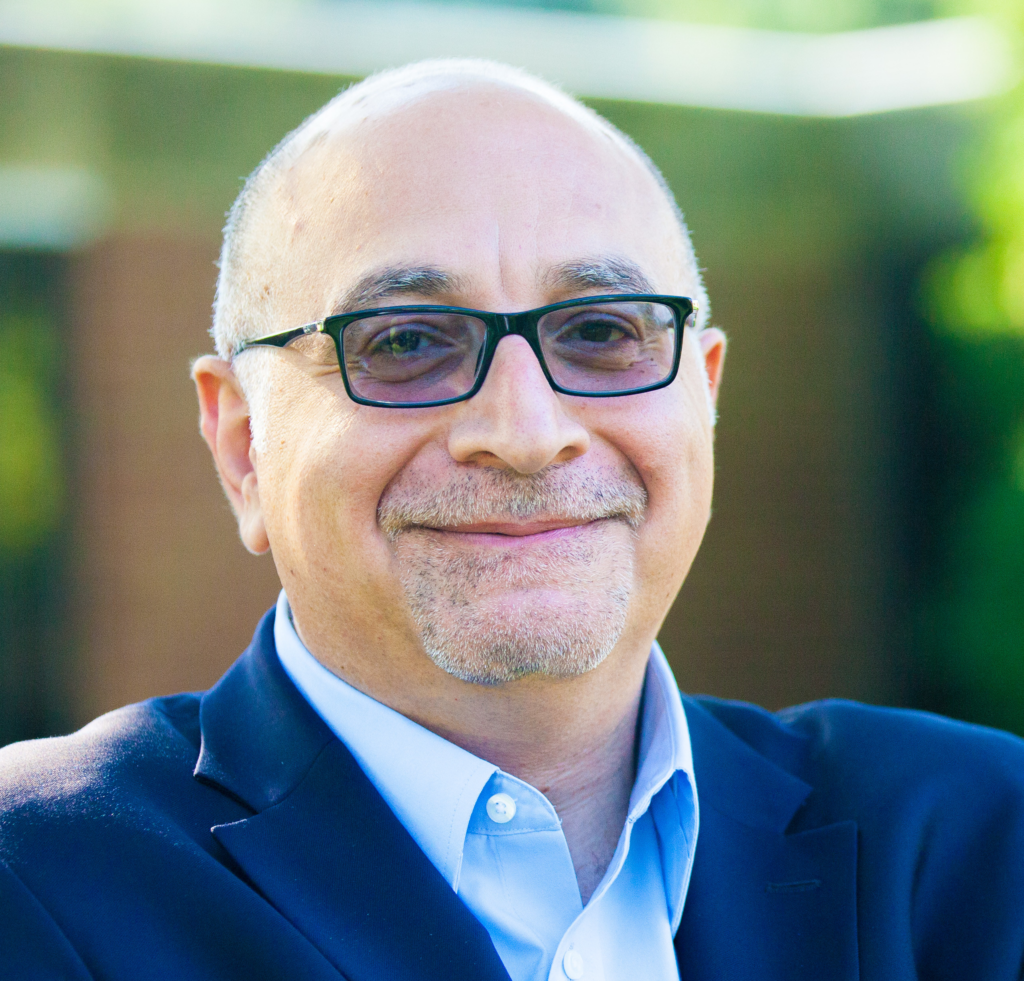More Than Just a Building: What Puts the “Local” in Local Church?
By Elie Haddad
From the Institute of Middle East Studies Blog.
This COVID-19 pandemic is forcing us to question many things in our lives that we deemed as sacred. At the Arab Baptist Theological Seminary (ABTS), given our role of theological education and leadership formation, we are having to question the very essence of education and formation, especially for the purpose of effective ministry in our region. We are having to rethink our curricula, our delivery methods, and many of the things that we hold dear. But what about the local church? Should we question our traditional understanding and ministry of the local church? Are we allowed to do that? Please be patient with my reflections. They come out of my deep passion for God’s church.
There is no doubt that the notion of the local church is changing in our minds, whether we acknowledge it or not. For many, before the pandemic, the core of the local church was the building. That was where the people of God gathered and where the majority of church programs took place. During the pandemic, as a result of the varying lockdowns and shelter-in-place measures, church buildings became out of reach. For many, the locus of the church became the social media platforms. If the local church is streaming its services, then the church is being church. Many, of course, continued to find ways to be on mission together serving their communities. So, what determines what the local church is?
I lived in Canada for fifteen years where my wife and I were active members of a local Arabic-speaking church. We journeyed with this church since its formal beginnings, and we held various ministry positions within it. That church family was the most precious thing for us as we lived away from our native land. We moved back to Lebanon fifteen years ago and became members of a local church here that has been our church family since. So, which one is our local church today? Geographically, we are more connected with the church in Lebanon. Emotionally, both local churches have shaped our life and ministry. In terms of mission, we feel that our ministry is an extension of both. Our Canadian church family still supports us, prays for us, encourages us, and many visit us. With the pandemic and church buildings being closed, and with church services moving online, we are now able to join both congregations and be somewhat part of their church experience. So, which one should be considered our local church today?
I am also part of a wonderful community of redeemed people at ABTS, united in our mission to serve God through serving the Church by equipping leaders and providing educational resources. I spend time with my ABTS family much more than my local church family. We worship together every day, we fellowship, we get equipped, and we serve. In many ways, we are more like the body of Christ than any local church. We do not baptize people, and we do not ordain pastors, although our leaders are no less set apart for ministry than congregational leaders. We do not regularly break bread together, only on special occasions. We are a crucial part of the Church, but do we qualify to be considered a local church? What is it that would qualify us? Should we start baptizing and breaking bread?
Because of my work at ABTS, I live in close proximity to the seminary. So do many others who are affiliated with ABTS or are affiliated with the evangelical community and the missionary community in Lebanon. I live in a semi-Christian bubble. Each one of us wakes up on Sunday morning, pre-pandemic, and drives to a different church around the city, some close and some not that close. So, what makes a local church local? How do I choose the church community that I want to belong to? Is it its mission and how I can become a part of that? Is it the teaching and preaching? Is it the doctrine? Is it the building? Is it the pastor or other leaders? Or is it the denomination that it affiliates with? Is it possible that we have adopted a consumerist mentality – various local churches offer various goods and services and we get to choose which goods and services are suitable for us? And what happens with church discipline within this framework? If I get corrected or rebuked by my local church leaders, all I have to do is cross the street and join another local church that does not get bothered by my attitudes and behaviors? Is this God’s design for the church?
I stayed for a few days with an older professional couple when I visited Sydney a few years ago. They had moved around Australia for all their career life. Their principle was, whenever and wherever they moved, they looked for the Bible-believing congregation closest to their home. They did not look for denominational affiliation, for size of congregation or for traditional marks of “success”. They figured that every congregation has its highs and lows, its strong and weak points. They decided that they should become part of the congregation that serves their community no matter where that congregation was in its journey with God. Could this be the best criteria for joining a local expression of God’s church?
The Bible does not explicitly define the local church. A good deal of discussion takes place in Christian literature. Scholars and theologians try to differentiate between the visible and the invisible church and between the universal and the local church. These distinctions are not always clear and straight-forward. However, the Bible is rich in principles and characteristics of what a functioning local body looks like.
I understand the local church to be a group of redeemed people on mission with God in the world. This expresses itself in the gathering of the church to worship, fellowship, get equipped, and be on mission as a community, and in the dispersing of the church into the world to serve God and neighbor on behalf of the church.
One of the main features of the body of Christ is unity. We find ourselves in an age of multiple expressions of a local body that are frequently distinguished by denominational politics, leadership and power dynamics, different styles and forms of worship, and diverse views on doctrine. To the outside observing world, do they see this tapestry as a sign of unity or disunity? By unity, I am not advocating for conformity, but do these church bodies somehow provide support and accountability to one another? Or does each one represent an independent autonomous body functioning on its own? Does the outside world see us as one body or several disconnected bodies in conflict and competition with one another?
Denominationalism is not something that we have created in our lifetime. It is inherited. Denominations are man-made structures. To what extent should they shape our church life and ministry? I find value in denominations when they are a source of unity. It is very encouraging to know that we belong to a much larger body of believers. As we suffer, others suffer with us, and as we celebrate, others celebrate with us. I also find value in the accountability that these church structures have the potential to provide. We may debate the value of having ecclesial hierarchy, but there is no debate that we need to have some form of accountability. On the other hand, I am troubled with denominationalism when it becomes a source of division. In my opinion, denominational lines should be there to encourage people to work together and not a means of exclusion, keeping people who are not exactly like us out.
I know that this is not a topic that can be handled by one blog post. There are many more issues at play here. These are only some personal reflections. But, seeing how everything is being disrupted at this time of pandemic, and that we have been forced to question many of the things that we used to hold dear, it may prove helpful for us to discuss how we may find better ways to experience communal life together beyond our traditional lines.
Elie Haddad. “Pandemic and the Body of Christ: Rethinking the Local Church.” IMES Blog, June 10, 2020, https://abtslebanon.org/2020/06/10/pandemic-and-the-body-of-christ-rethinking-the-local-church/.
This article first appeared on the Institute of Middle East Studies (IMES) Blog, a research and resource institute of the Arab Baptist Theological Seminary in Beirut, Lebanon. It is used with permission.

Elie Haddad is President of the Arab Baptist Theological Seminary (ABTS) in Mansourieh, Lebanon, and a Langham Scholar. He grew up in Sidon, Lebanon, before moving to Canada where he lived, worked and studied for fifteen years. He returned to Lebanon in 2005 when he joined the staff of ABTS. He became President in 2008. He holds Canadian and Lebanese nationality.
